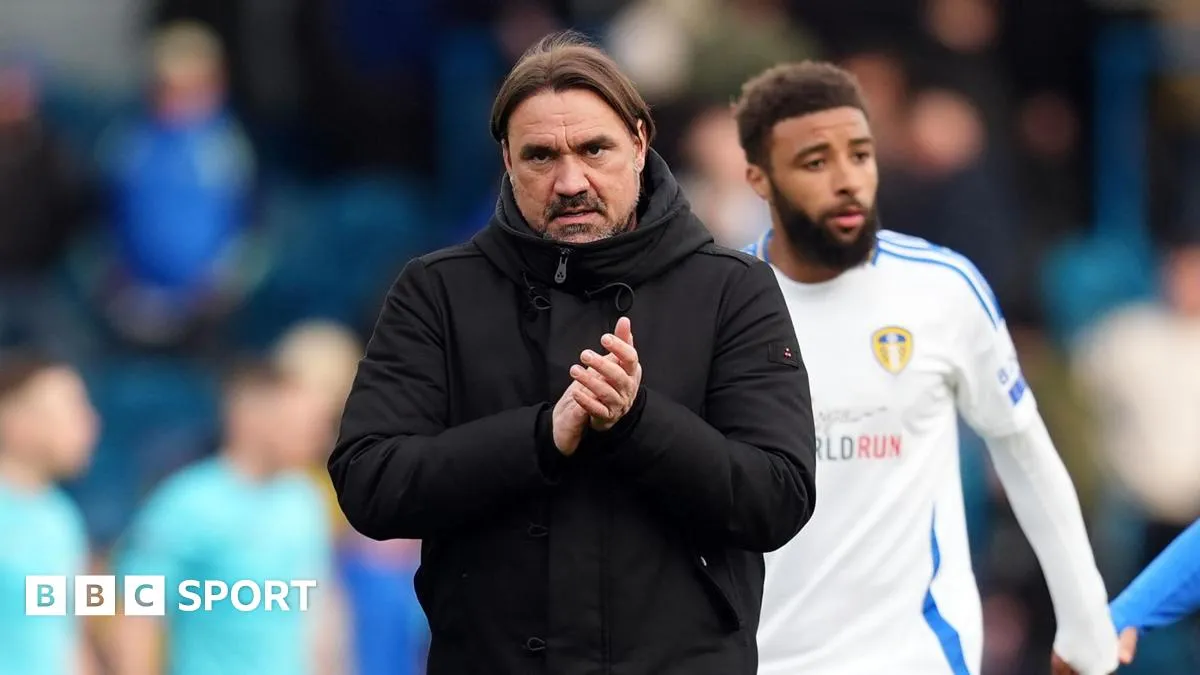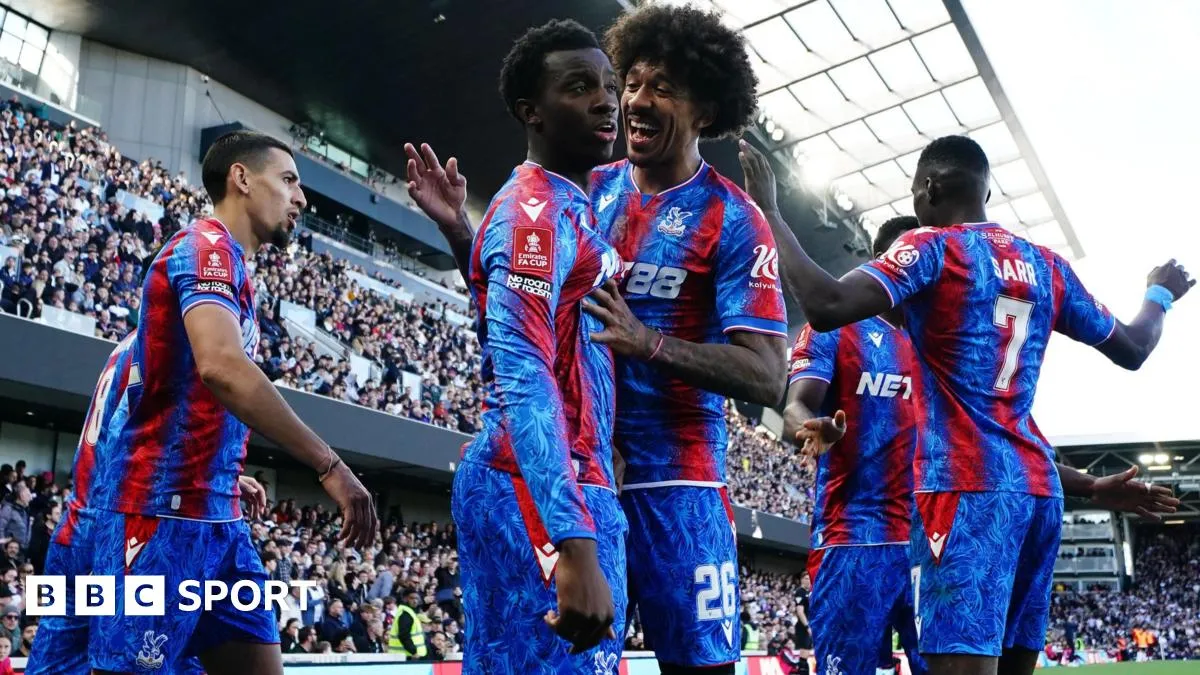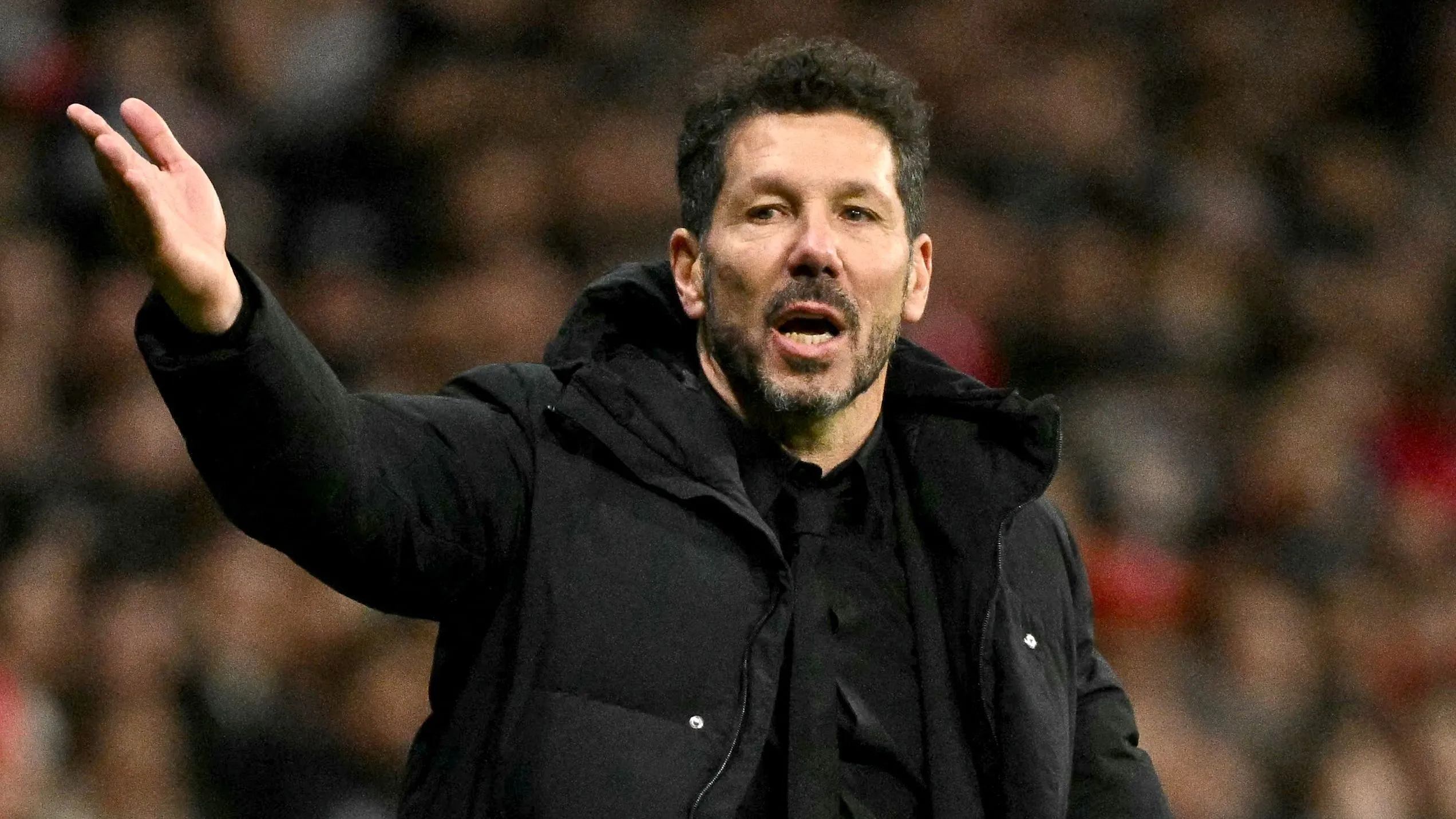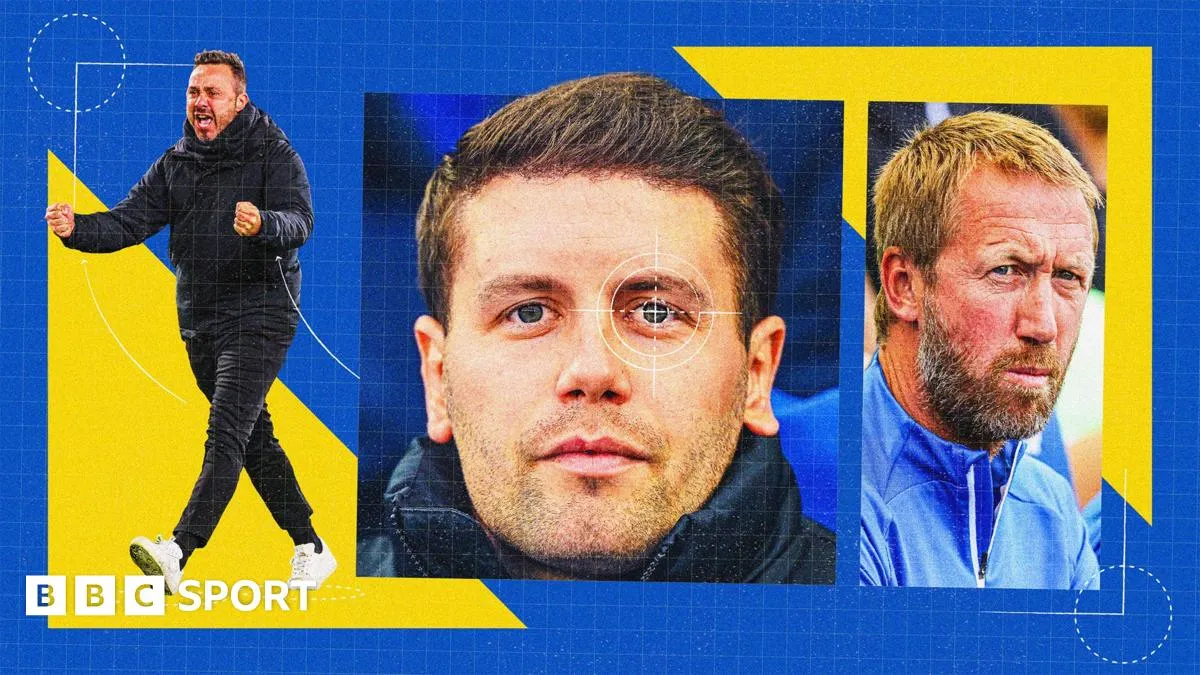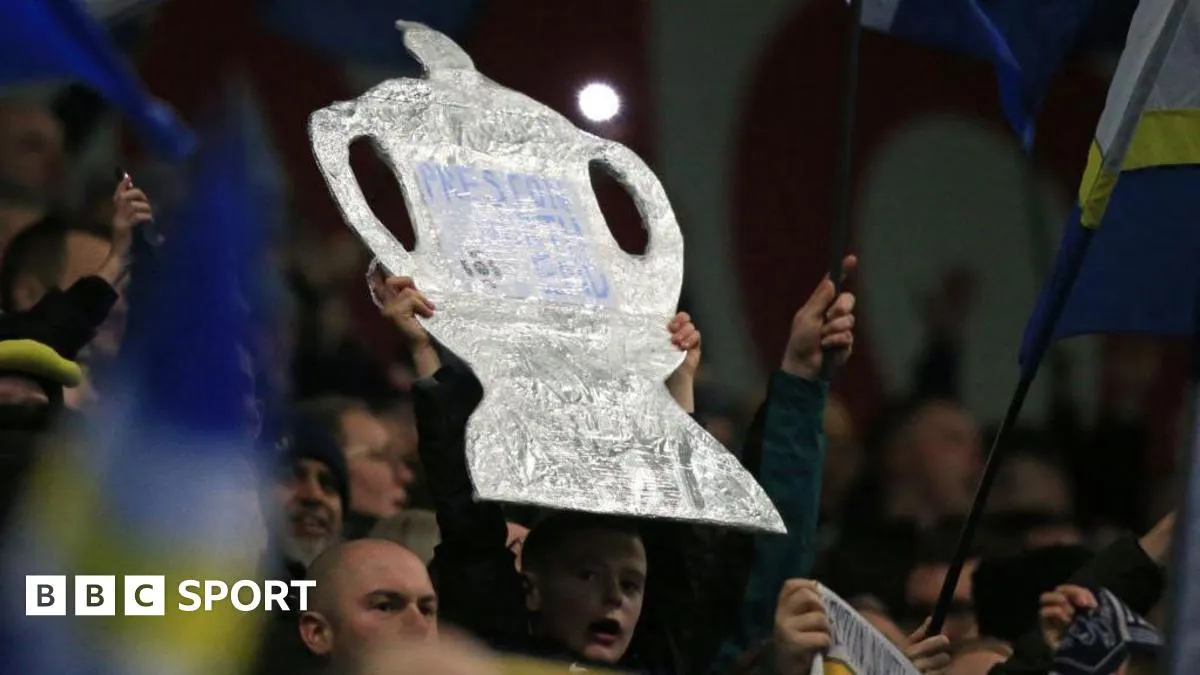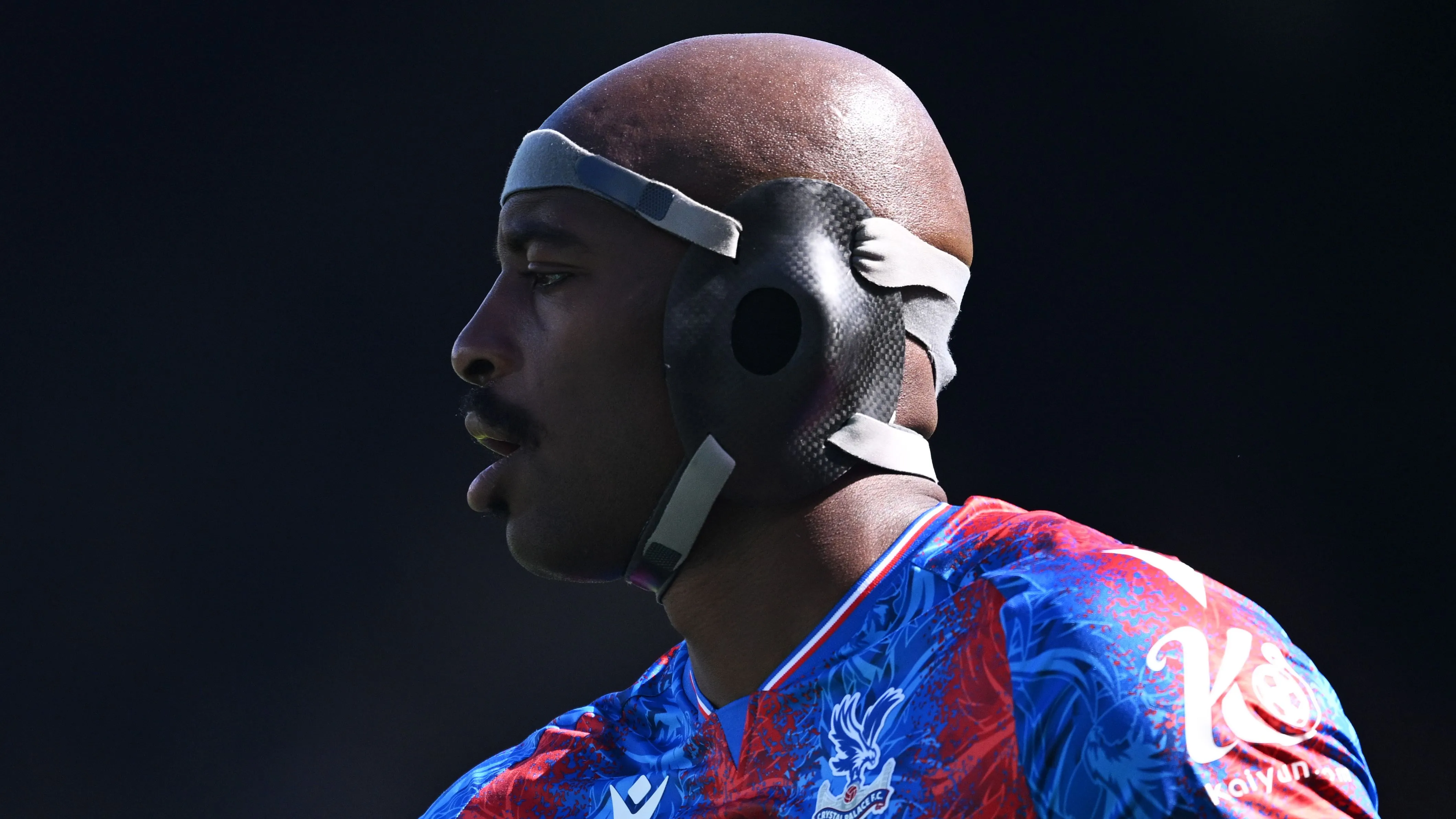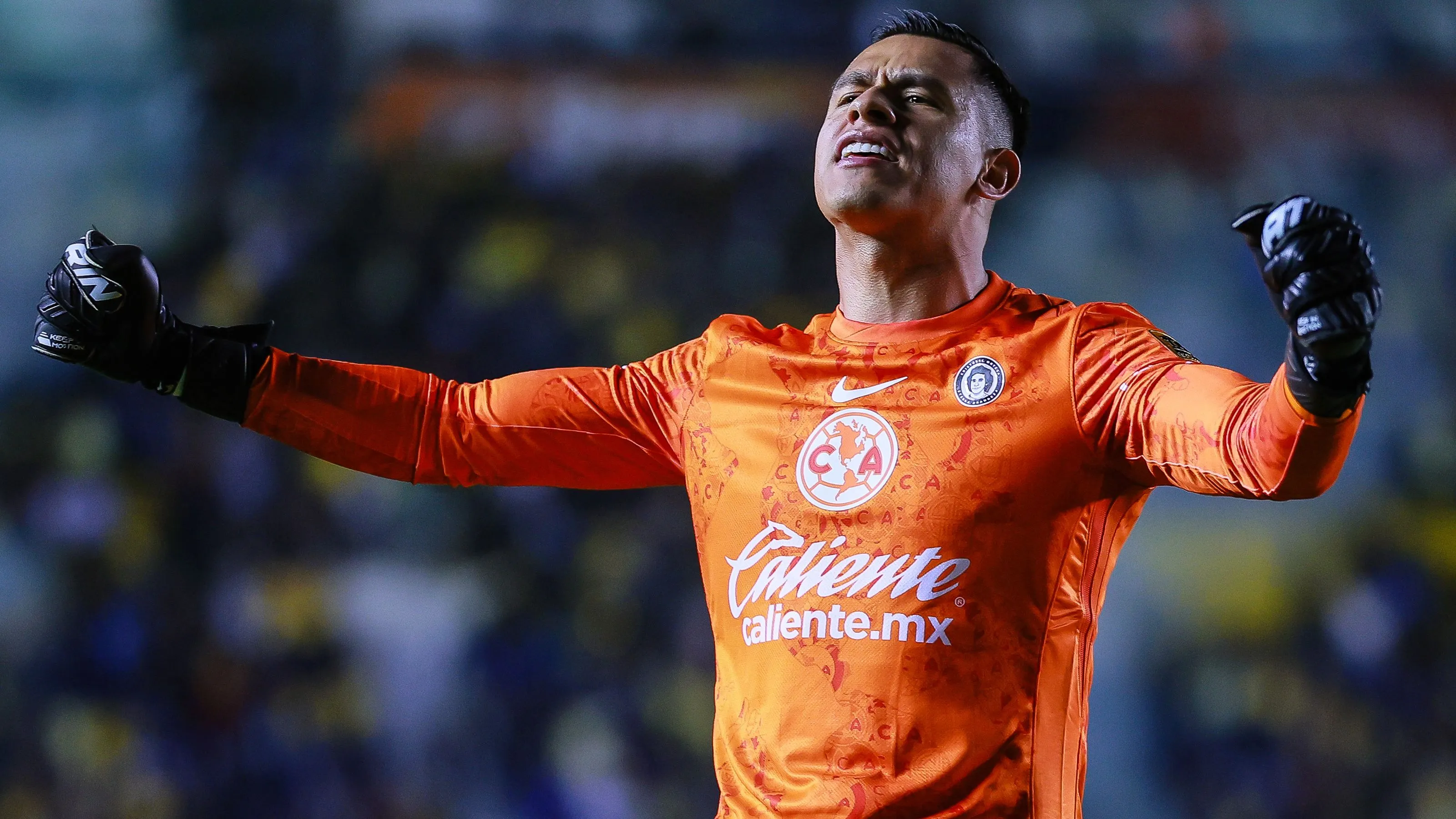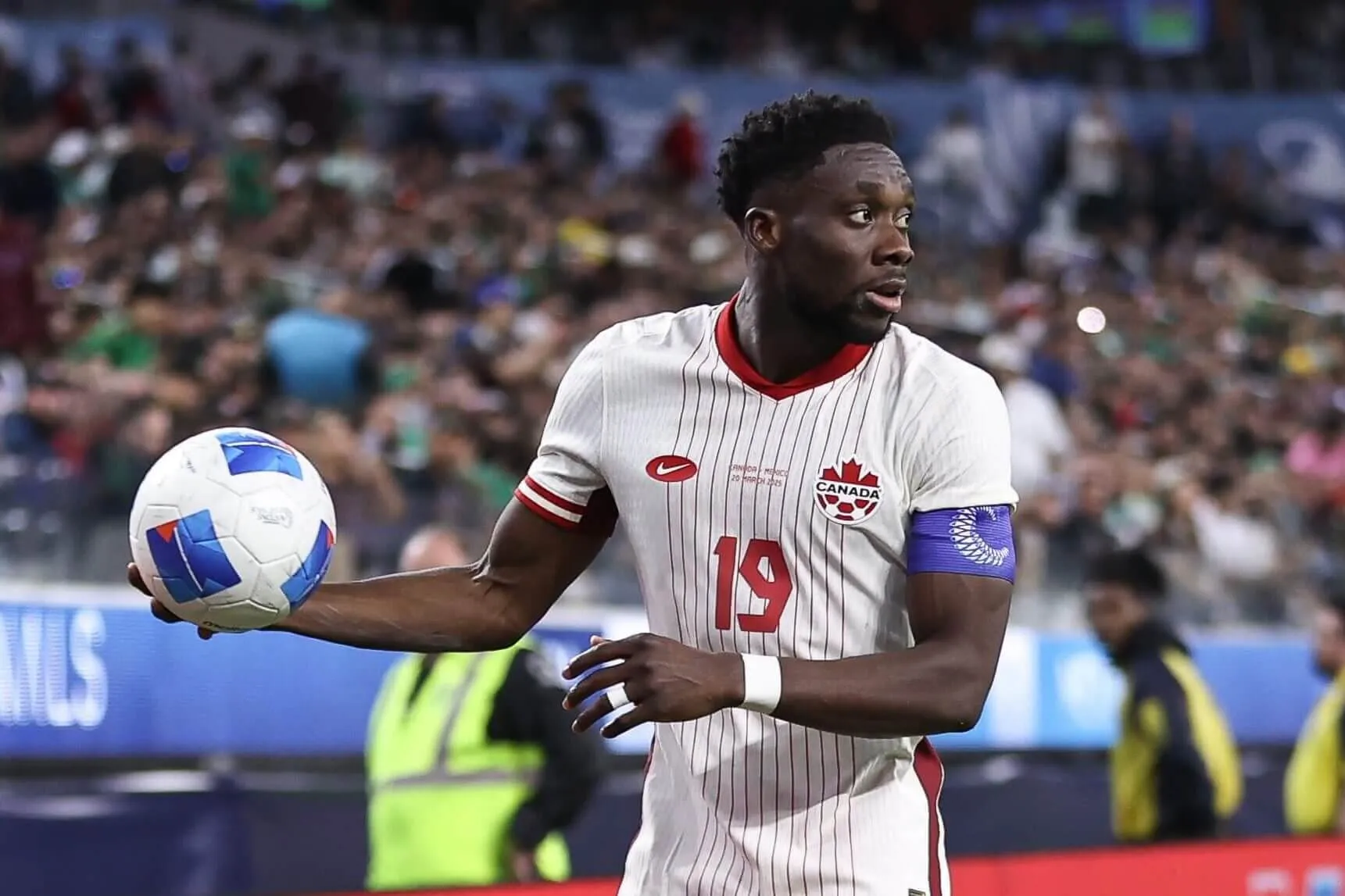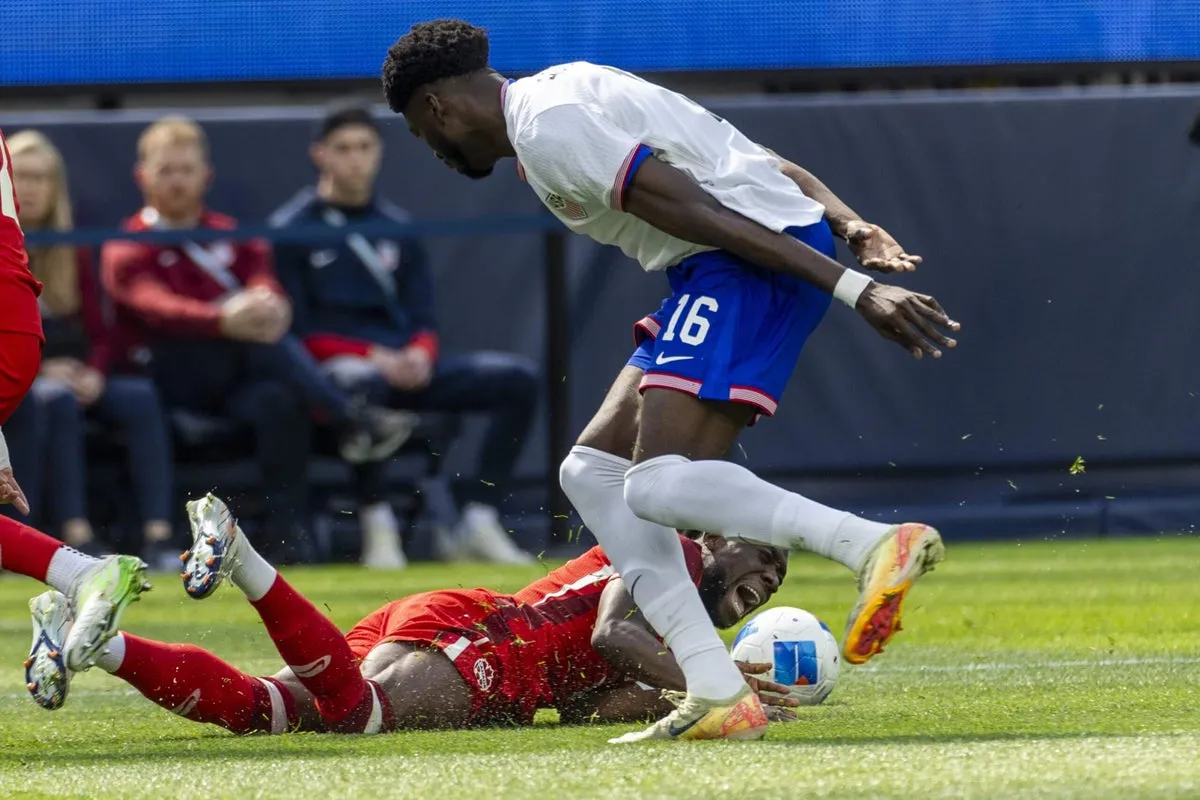
Alphonso Davies' ACL Injury Ignites Controversy Between His Agent and Canada Soccer
The already complex relationship between Alphonso Davies and Canada's men's national team has taken a dramatic turn following the team's participation in the Concacaf Nations League finals. The Bayern Munich star left back was forced to exit Canada's third-place match against the United States after just 12 minutes, a decision that has now sparked a public dispute between his agent and Canada Soccer.
What initially appeared to be a minor setback has transformed into a significant blow for both Davies and the Canadian national team. Bayern Munich announced Wednesday that Davies has been diagnosed with a torn ACL in his right knee, an injury that required surgery and will sideline the player for an extended period. With the 2026 World Cup, which Canada will co-host, just over a year away, the timing couldn't be worse.
The injury has prompted Davies' agent, Nedal Huoseh, to publicly criticize Canada's handling of the situation. In a statement to OneSoccer, Huoseh expressed his disappointment: "Alphonso was not 100% after the Mexico game and it was planned that he was not going to start against the USA. On Saturday night the expectation was he would not be in the XI. As a captain I feel he was pressured to start the game by the coach. Alphonso is not the kind of guy to say no in those moments."
Huoseh further emphasized his concerns about player management: "Canada Soccer needs to do a better job managing these players, in my opinion. Alphonso is down and obviously really disappointed about this injury."
Canada Soccer quickly responded with their own statement, defending their protocols and professionalism: "Canada Soccer's coaches and experienced medical staff are true professionals and have always prioritized player safety and wellbeing. Anything suggesting otherwise is untrue," said Paulo Senra, Chief Communications Officer at Canada Soccer.
The timeline of events leading up to Davies' injury reveals a complex situation. Multiple sources told The Athletic that on Friday, the day after Canada's loss to Mexico, head coach Jesse Marsch informed the team that Davies would not play against the U.S. due to an injury suffered in the previous match. However, these same sources indicated that Davies later approached Marsch, declaring himself fit and expressing his desire to play.
After consultations between Davies and Canada's coaching staff, it was determined he would participate against the U.S., though likely for less than the full 90 minutes. The decision now appears questionable in hindsight, especially considering that Canada, as a World Cup host nation, already has guaranteed favorable seeding regardless of results in matches like the Nations League third-place game.
This controversy adds another chapter to what has been a sometimes strained relationship between Davies and Canada Soccer. Previous tensions included documented issues with former coach John Herdman and disputes over name/image likeness rights.
The injury's impact on Canada's World Cup preparations could be substantial. Davies will likely miss significant time with the national team, potentially not returning until one of the last international windows of the year in October or November. His absence creates a challenge for a team hoping to build cohesion and momentum heading into their home World Cup.
When the injury occurred during the match at SoFi Stadium, there was no immediate indication of its severity. As Marsch told The Athletic on Monday morning, before the full diagnosis: "I think he was just a little bit concerned about it. I think it's more precautionary than anything." Davies himself told TSN he was "good" after leaving the pitch, and he even returned to the sidelines to help direct his teammates.
The incident raises important questions about player management, especially for stars like Davies who regularly face the demands of playing for elite European clubs. As Canada approaches its most significant moment on the international stage, finding the right balance between competitive drive and player preservation becomes increasingly crucial.
For both Davies and Canada Soccer, the priority must now shift to ensuring a complete recovery and rebuilding a collaborative relationship before the 2026 World Cup arrives.

